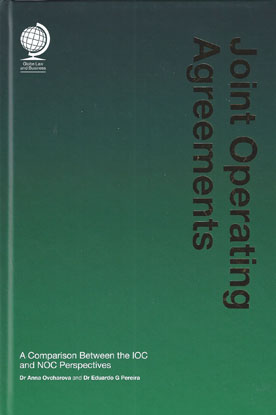
Historically, oil and gas upstream activities were largely open to foreign investment. However, nationalisation in recent decades has concentrated the vast majority of natural resources in the hands of national oil companies (NOCs).
Therefore, independent oil companies (IOCs) are increasingly likely to deal with NOCs as a partner. The joint operating agreement (JOA) was intended as a private document that regulates relationships between private investors. Recent developments under several local laws require the participation of NOCs at some stage of the JOA.
In addition, many NOCs are now operating internationally, such as Statoil, Gazprom and CNPC. JOAs will thus be affected, as public or semi-public entities are more likely to be party to a document which was originally constructed for private investors.
This new major work will analyse the critical concerns and challenges that IOCs and NOCs face in this new type of consortium, and will ultimately suggest alternative solutions to find common ground between these parties. The book is divided into three chapters, which respectively deal with the conduct of operations, the financial issues relating to the consortium and the boilerplates of the agreement.
Each chapter will include analysis from the perspectives of four different types of company - large IOCs, large NOCs, young IOCs and young NOCs. This approach will provide a detailed picture of the JOA from the point of view of all players in the oil and gas industry, from small to large companies and private to public entities.
The book will serve as an invaluable guide for IOCs, independents, NOCs, consultants, legal advisers and consultants who need to understand the implications of having an NOC as a party to a JOA.